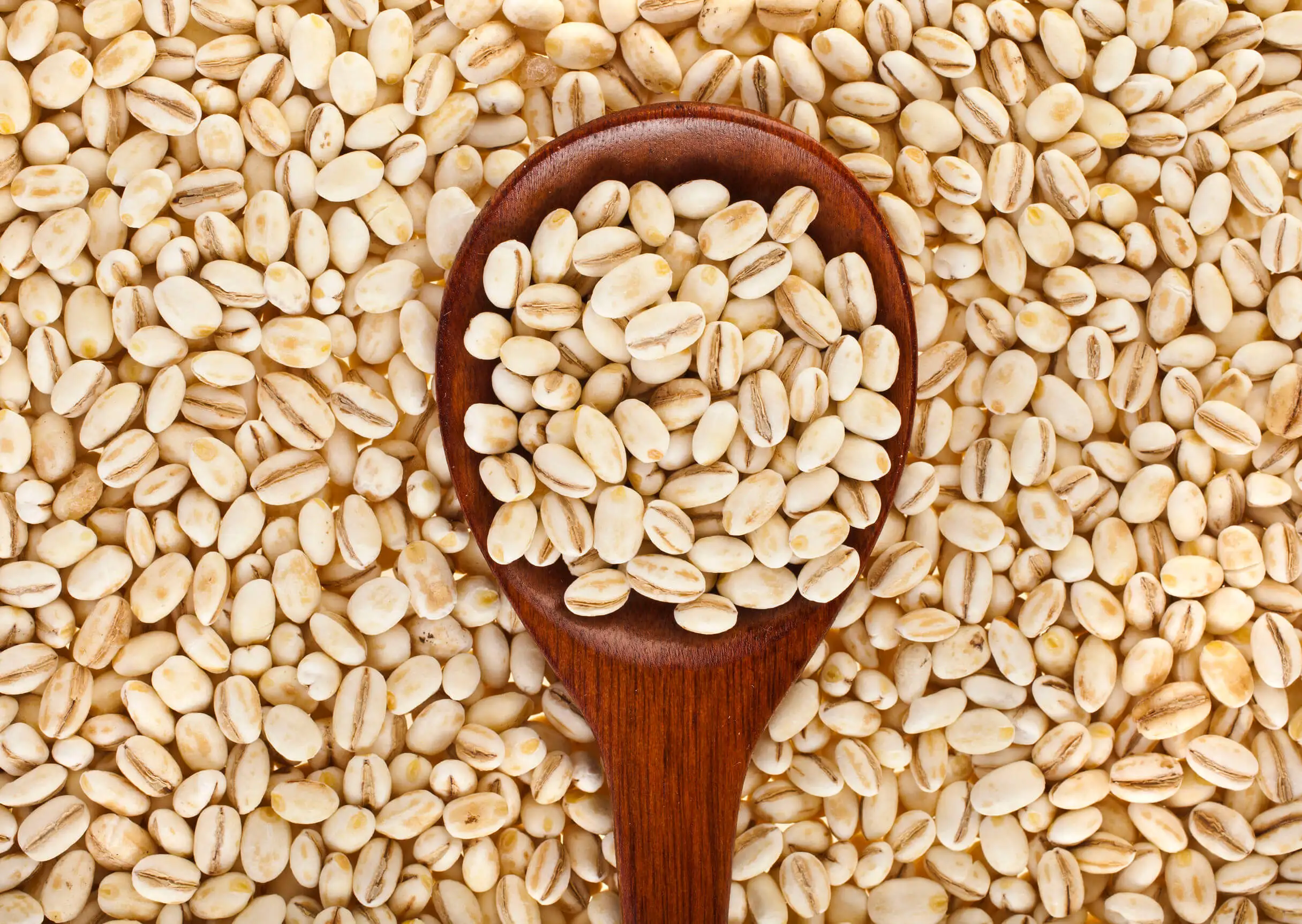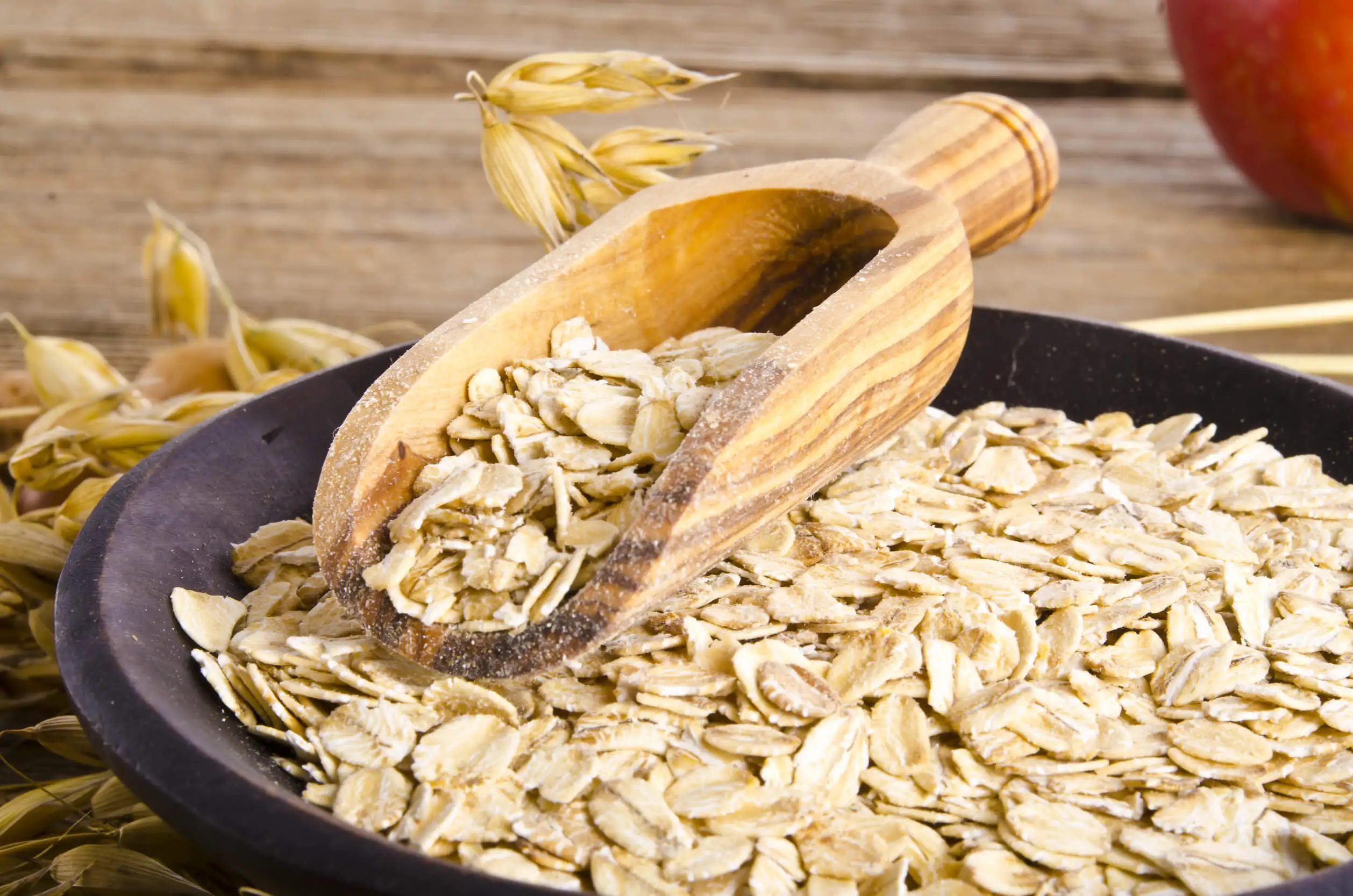Oatmeal During Breastfeeding: Benefits and How to Prepare It


Written and verified by the nutritionist Saúl Sánchez Arias
The consumption of oatmeal during breastfeeding may be recommended in order to increase breast milk production. Although this effect doesn’t have solid evidence, the truth is that experts promote its inclusion in a breastfeeding mother’s diet.
In addition, we’re talking about a product that has several health benefits, due to its content of complex carbohydrates and high-quality soluble fiber.
Before we begin, we must emphasize that during breastfeeding we still have to watch our diet very carefully. There aren’t as many dangers as during pregnancy, but it’s still crucial in order to avoid toxins and heavy metals that can pass into breast milk. Similarly, the quality of the mother’s diet would condition the nutritional value of the milk, to a certain extent.
Consuming oatmeal during breastfeeding to produce more breast milk
There’s a theory that the regular consumption of oatmeal during breastfeeding could increase the production of breast milk, so its presence in the diet is recommended. Breastfeeding until the first year of life has been shown to have a number of medium-term health benefits for the child.
Barley may also have a similar effect on milk production, so it could be combined with oats to maximize the benefits. In fact, it’s common in many countries in America to consume both products in high quantities after giving birth.
Although, as we have already said, there’s no solid scientific evidence to support it.

Read more: Eating Oats for Breakfast: Is it Healthy?
Other benefits of oats
What is more than clear is the positive effect of oats on the intestinal microbiota. It contains a type of fiber, beta-glucans, which serves as an energetic substrate for the bacteria that live in the digestive tract.
They have been considered prebiotics and help to maintain the density and diversity of microorganisms in the medium term. This is evidenced by research published in the journal Gut Microbes.
However, to experience the maximum benefits, the presence of fermented foods must also be guaranteed in the diet. Dairy products, such as yogurt or milk kefir, are the best alternative.
They contain probiotics, live bacteria capable of selectively colonizing the digestive tract. Their regular intake is able to prevent many inflammatory pathologies affecting the intestine, according to a study published in Gastroenterology Clinics of North America.
How to prepare oatmeal to maximize its positive effects?
The best way to prepare oatmeal is in the form of porridge. Of course, it can also be added as such to certain beverages, such as milk or coffee, but its organoleptic characteristics will be much better with a certain prior cooking process.
In addition, some authors recommend cooking this food to soften the fibers a little and improve its digestibility, inactivating some antinutrients present that would limit the absorption of bioactive compounds.
To prepare porridge, simply heat a glass of milk in a saucepan. Then add 3 or 4 tablespoons of oatmeal and stir over medium heat, without boiling, until the mixture thickens.
From here you can add ingredients to taste. One of the best alternatives is to add cocoa powder, nuts and chopped fruit. This will provide an optimal nutritional intake and a complete meal to enjoy at breakfast or any snack.
It’s also possible to make bread with oatmeal, as well as pancakes, cakes and many other baking recipes. This depends on how much time you have and what you enjoy making in the kitchen. Any of these dishes will help to improve daily fiber intake.

You may also be interested in: Breastfeeding and Spirulina: Are They Compatible?
Consume oats during breastfeeding
Oat consumption during breastfeeding has certain benefits for the mother’s health. It can possibly increase the synthesis of breast milk, which will have a positive impact on the baby’s health. For this reason, it’s one of the cereals that should appear preferentially in our diets, as it is a much higher quality cereal than wheat or corn.
Finally, you have to keep in mind that special attention should be paid to the diet in general throughout the breastfeeding period. It’s still a priority to avoid toxic substances such as alcohol and to moderate the consumption of other substances such as caffeine.
All cited sources were thoroughly reviewed by our team to ensure their quality, reliability, currency, and validity. The bibliography of this article was considered reliable and of academic or scientific accuracy.
- Binns, C., Lee, M., & Low, W. Y. (2016). The Long-Term Public Health Benefits of Breastfeeding. Asia-Pacific journal of public health, 28(1), 7–14. https://doi.org/10.1177/1010539515624964
- Holscher H. D. (2017). Dietary fiber and prebiotics and the gastrointestinal microbiota. Gut microbes, 8(2), 172–184. https://doi.org/10.1080/19490976.2017.1290756
- Abraham, B. P., & Quigley, E. (2017). Probiotics in Inflammatory Bowel Disease. Gastroenterology clinics of North America, 46(4), 769–782. https://doi.org/10.1016/j.gtc.2017.08.003
This text is provided for informational purposes only and does not replace consultation with a professional. If in doubt, consult your specialist.








